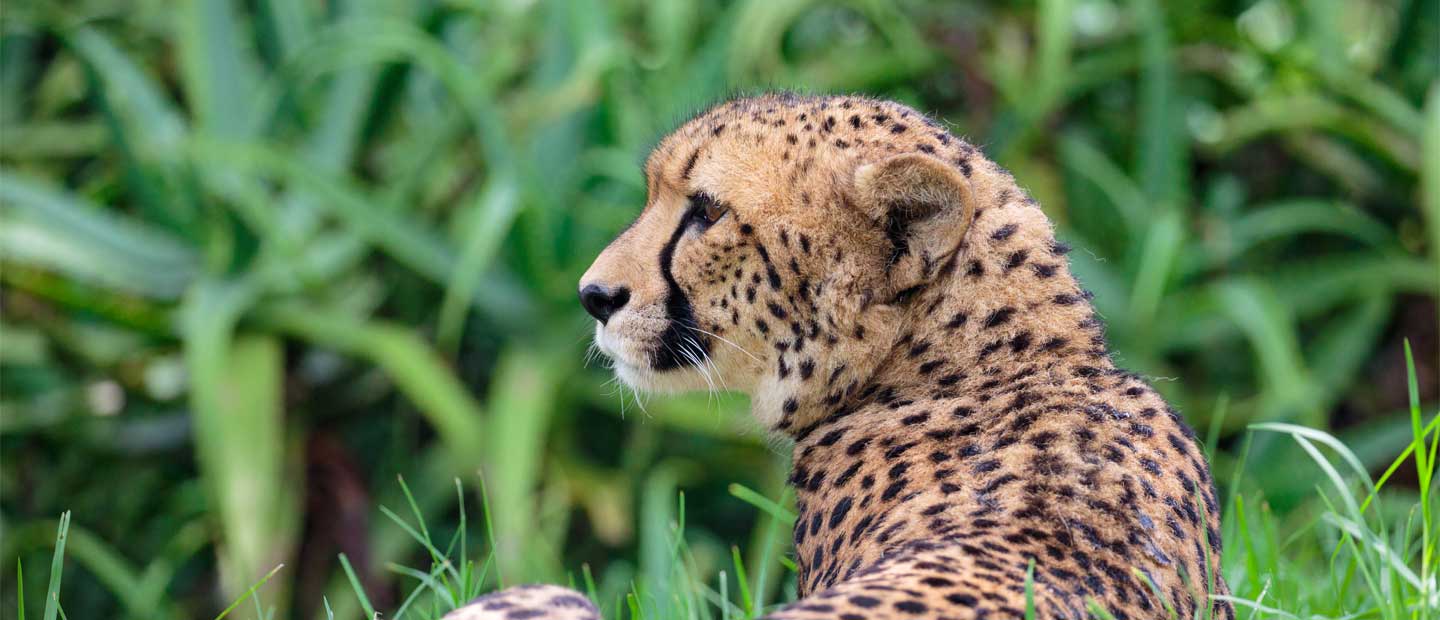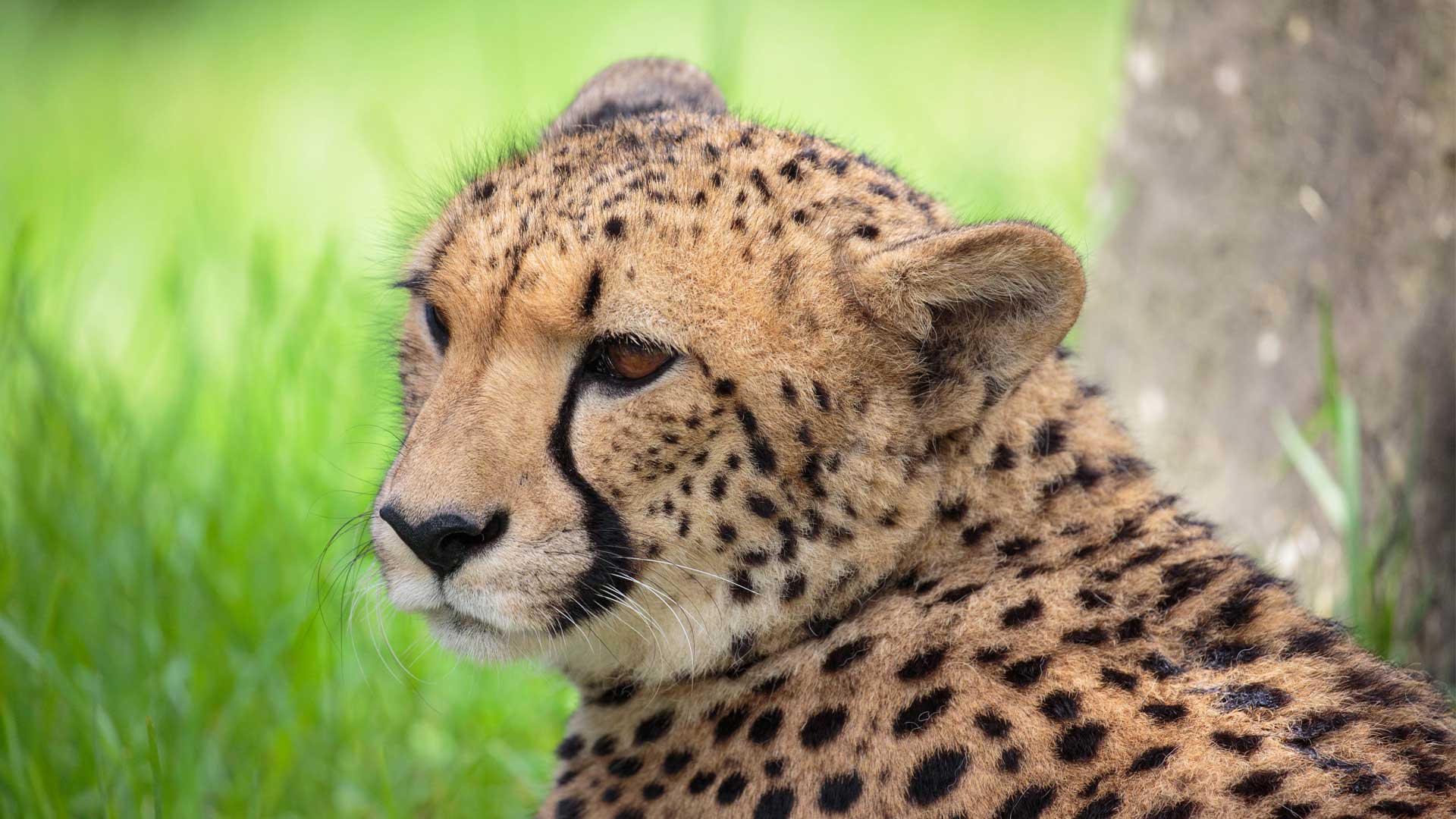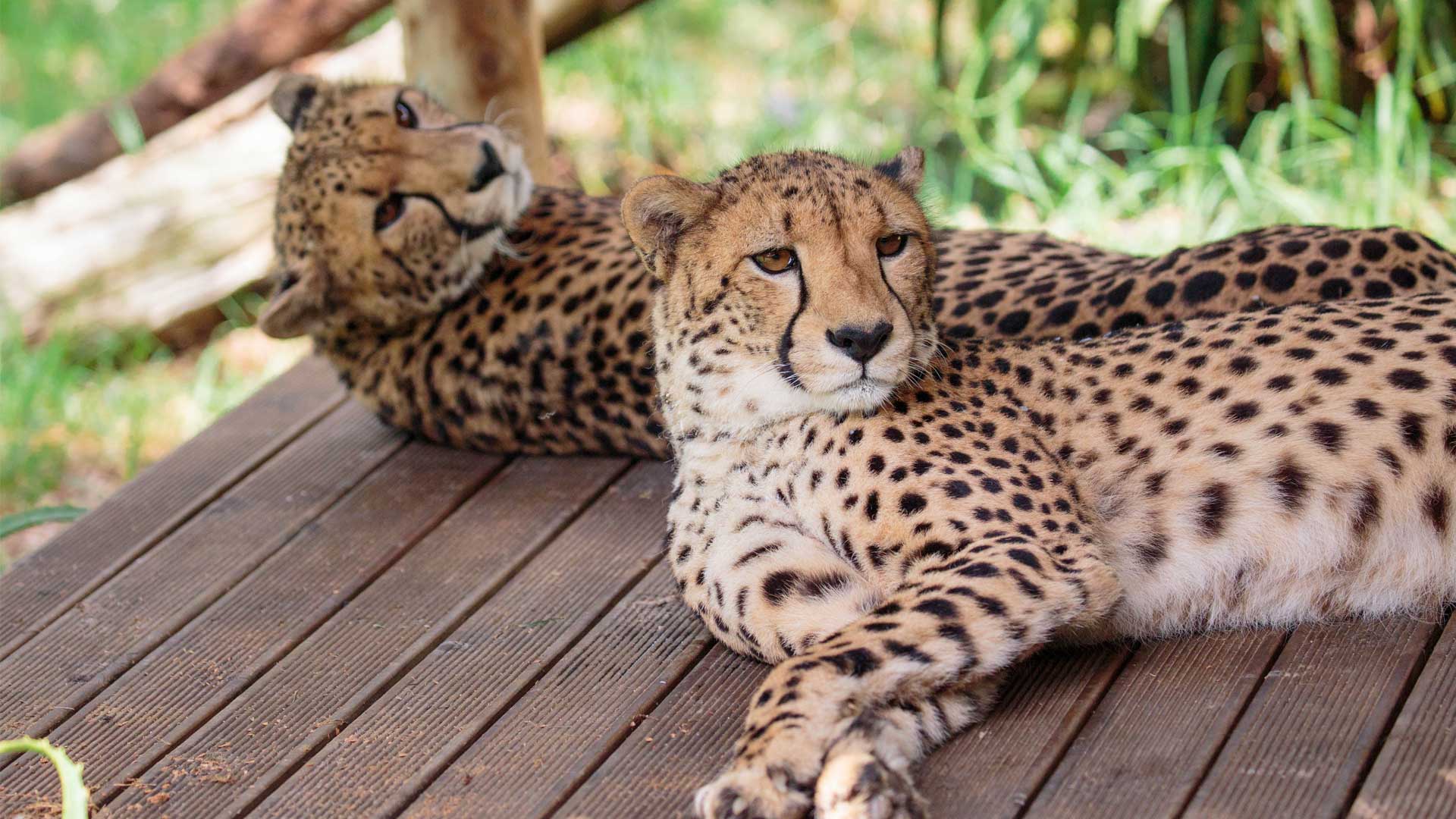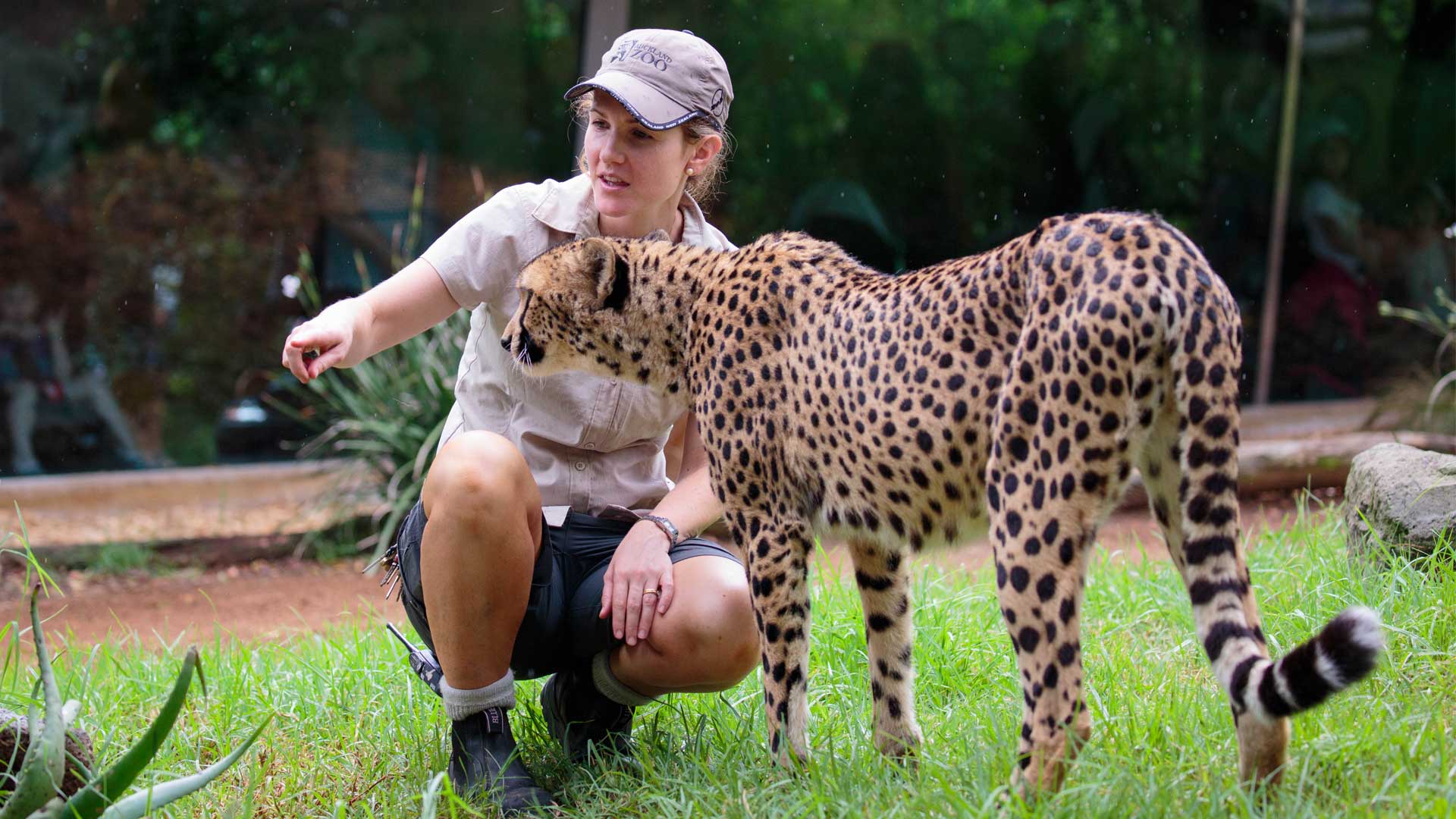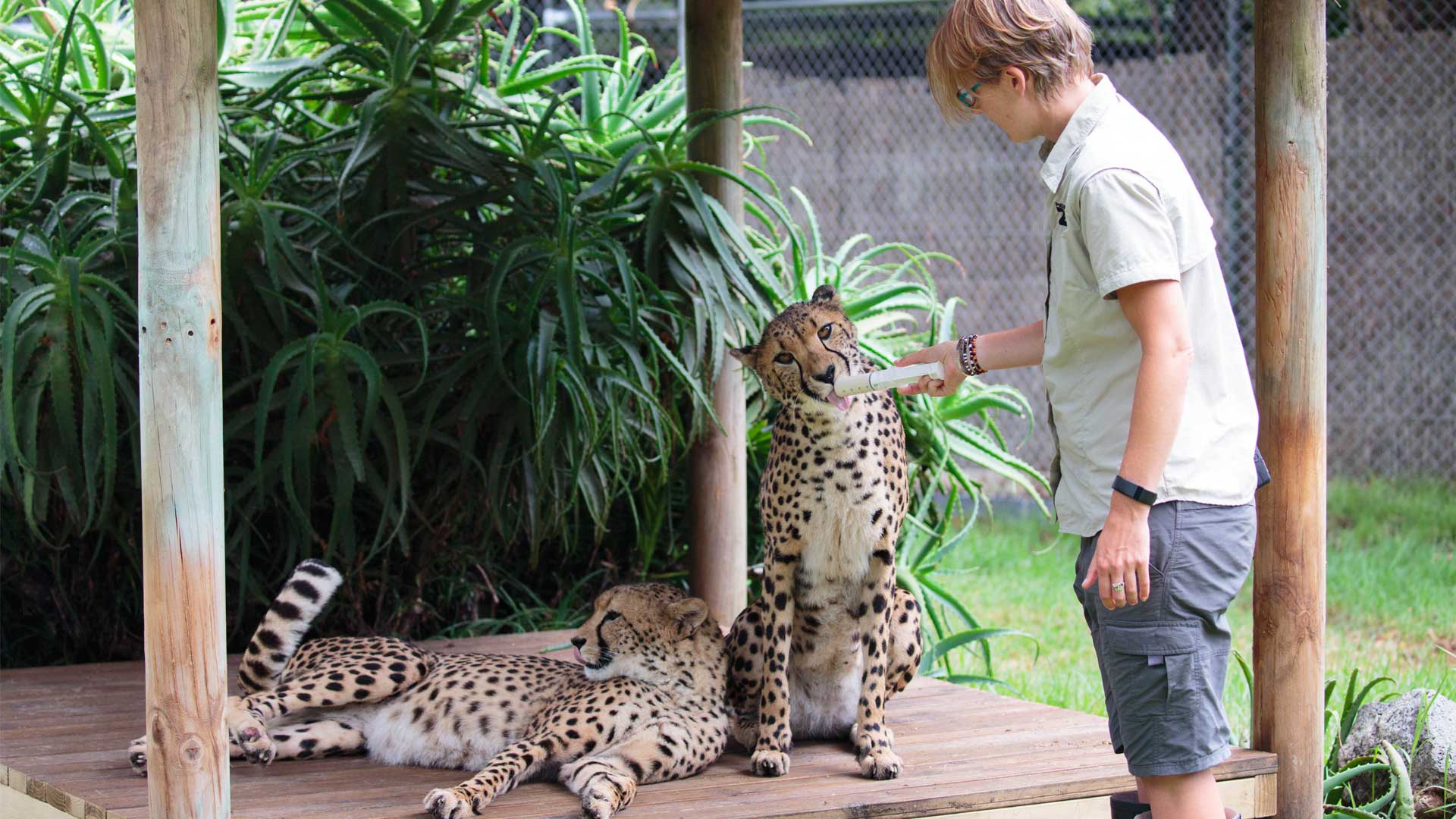‘Endangered’ is a word we hear far too often when talking about animals, and unfortunately too often the human footprint is to blame. The planet is currently facing its sixth mass extinction, and while others have been caused by asteroids, volcanoes and a naturally shifting climate, this time it is 99% due to us. Animals are losing their habitat for our profit, we are polluting their home on land and in oceans, and their livelihoods are being threatened by climate change.
On Endangered Species Day, we want to talk about the most endangered cat in Africa – cheetahs. The world’s fastest land animal is sprinting towards extinction, with only 7000 believed to be left in the wild. 14,000 cheetah were counted in 1975, that’s a 50% decline in the last 43 years. If things continue the way they are going, it is predicted they will decline an extra 53% in the next 15 years, which is a frightening thought.


